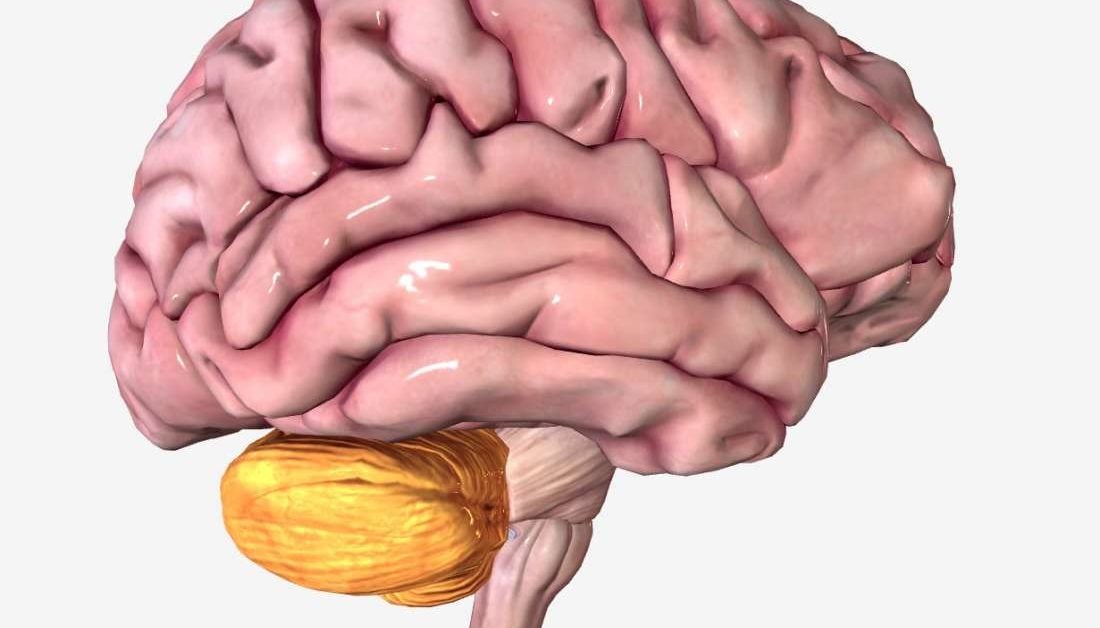
Networks of neurons send signals back and forth to each other and among different parts of the brain, the spinal cord, and nerves in the rest of the body (the peripheral nervous system). Different brain circuits are responsible for coordinating and performing specific functions. The brain is made up of many parts with interconnected circuits that all work together as a team. If a neuron receives enough signals from other neurons that it is connected to, it fires, sending its own signal on to other neurons in the circuit. Each neuron acts as a switch controlling the flow of information. Instead of electrical circuits on the silicon chips that control our electronic devices, the brain consists of billions of cells, called neurons, which are organized into circuits and networks. The brain is often likened to an incredibly complex and intricate computer. In short, your brain is you-everything you think and feel, and who you are. The brain regulates your body's basic functions, enables you to interpret and respond to everything you experience, and shapes your behavior. This three-pound mass of gray and white matter sits at the center of all human activity-you need it to drive a car, to enjoy a meal, to breathe, to create an artistic masterpiece, and to enjoy everyday activities. Her second novel, Transcendent Kingdom, is out now in paperback.The human brain is the most complex organ in the body. Her debut novel, Homegoing, won the National Book Critics Circle’s John Leonard Award for best first book, the PEN/Hemingway Award for first fiction, and the National Book Foundation’s “5 under 35” honors. Yaa Gyasi was born in Ghana and raised in Huntsville, Alabama. No One Is Talking About This by Patricia Lockwood But for some reason when it comes to addiction and other mental illnesses we don’t see it that way. To see Gifty in the lab dissecting the mechanics of addiction is really helpful for people to think about the brain as an organ in the same way that your lungs are, and to understand that if something is malfunctioning in any of your body parts, you would get help, and people would hopefully not belittle you and decide that you have no willpower. And the brain in particular, which forms your personality, can kind of trick you into thinking that you have more choice over things than you actually do. You don’t spend any time thinking about the mechanics of why you’re alive. It’s supposed to be this seamless, quiet thing that’s happening in the background, as with all of your organs. You’re not really meant to think about the functionings of your brain. And I think that by the time we get to the end of the novel, you realize that she understands that it’s not perfect. But then as she gets older, that no longer works for her, and science becomes the way to make sense out of a world in which senseless things happen. When she’s younger, that drive to make sense or make order out of the world lends itself really well to religion and to the strictures of the religion she grows up in.
#Is the brain an organ plus
She wants two plus to equal four, and she will try to get there even if the pieces aren’t really fitting.

But what that means for her is to have the world work in this way that she’s able to understand. What I like about Gifty as a character is she’s so clear in her desire to, as she would put it, be good.
#Is the brain an organ how to
Understanding that I was a layperson and that other laypeople would be reading the book made it easier to think about how to translate the science that I was reading into something that people could easily understand and keep up with.

But all that said, I’m still a layperson and there’s still so much about that world that I can’t understand about what’s going on in the science even after having read these research texts. It was a deep dive into the very specific world of neuroscience and optogenetics. I started with Tina as a primary resource, and she was very helpful and showed me books and articles that might be useful to me. It felt like I was getting to stretch these old muscles that I used to enjoy using but had forgotten about: that of learning something new. There’s something really great about doing a deep dive into subject matter you don’t know anything about. This week on The Maris Review, Yaa Gyasi joins Maris Kreizman to discuss her book, Transcendent Kingdom, out now from Knopf.


 0 kommentar(er)
0 kommentar(er)
